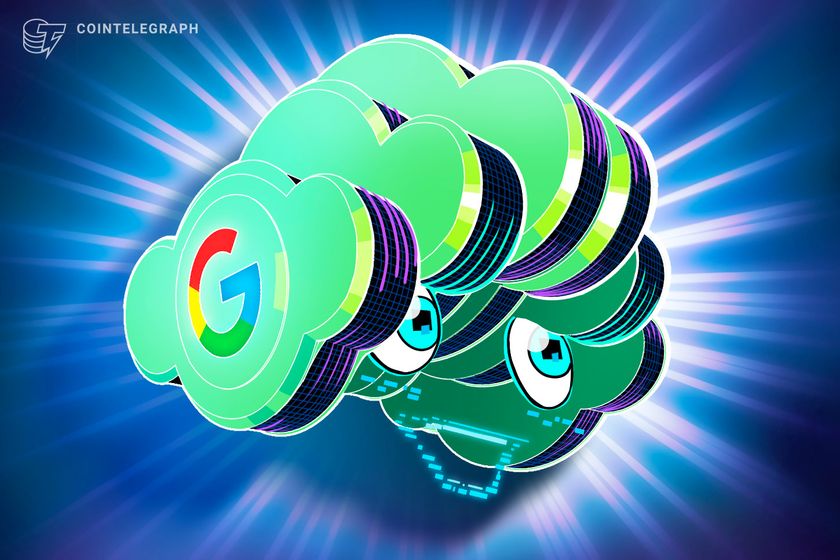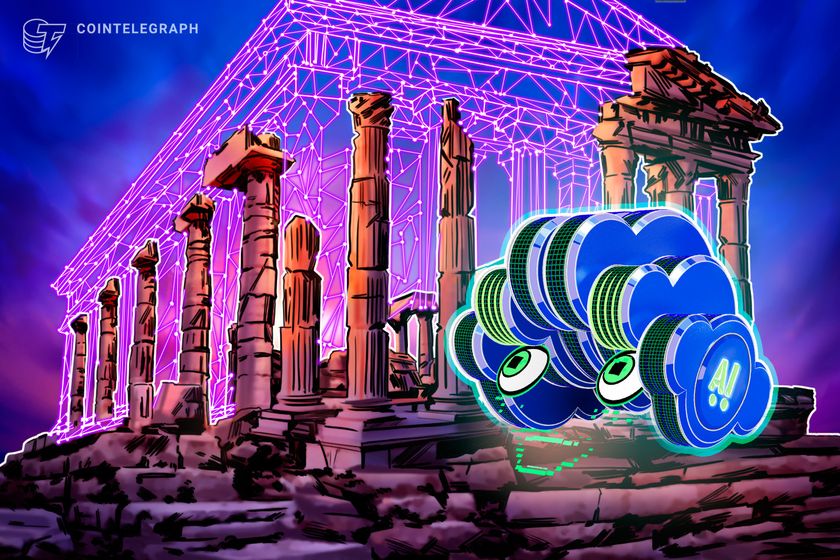Is OpenAI about to drop a new ChatGPT upgrade? Sam Altman says ‘nah’


A screenshot circulating on Reddit and X suggested that OpenAI could be releasing its latest large language model GPT4.5 soon. Sam Altman later confirmed the “leak” was fake.
OpenAI CEO Sam Altman has denied the company is about to roll out a new version of its ChatGPT large language model, GPT4.5.
A purportedly “leaked” screenshot, which made the rounds on social media, including X on Dec. 14, showed a description of “GPT 4.5” that read:
However, many started to speculate the “leaked” screenshot was a hoax. A Reddit thread on r/OpenAI that was posted around Dec. 14 at 10:30 am UTC — the possible source of the “leak” — has been removed by the moderators. Some comments on the thread slammed the original poster for the “fake” post.

















